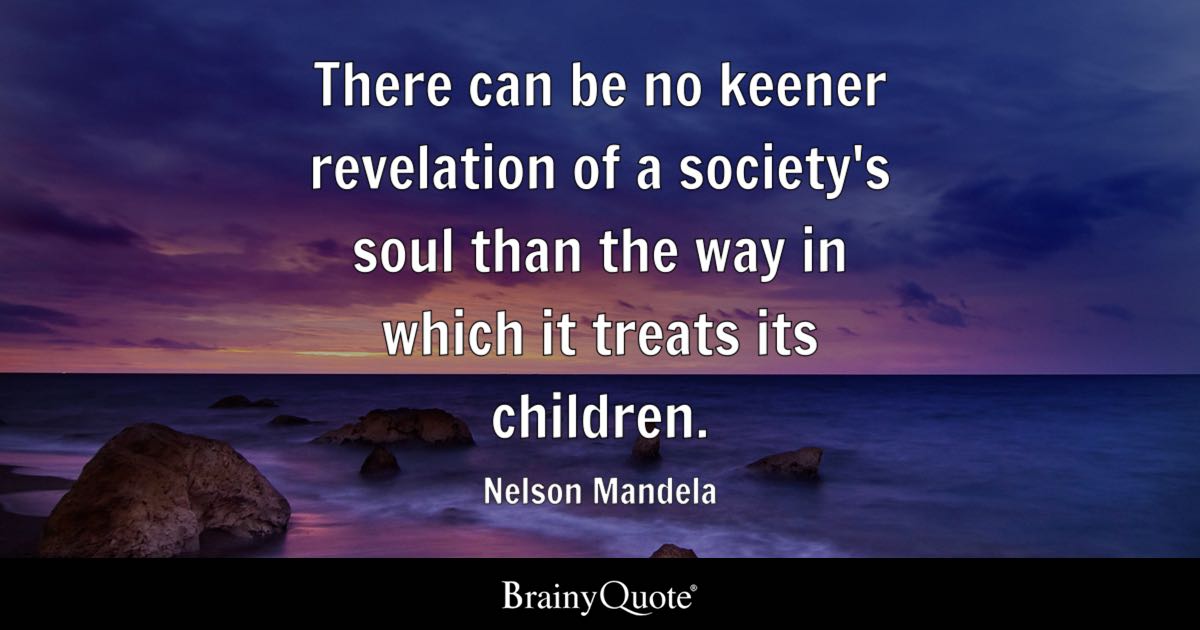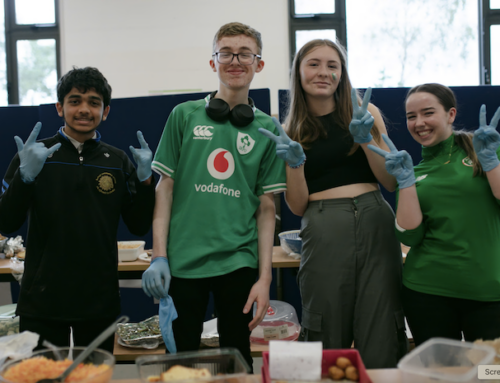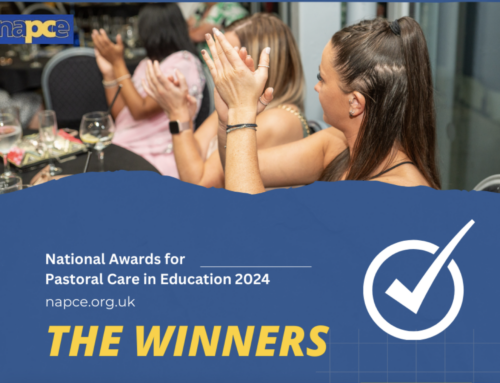This post is based on the chapter on Equity in ASPIRE to Wellbeing and Learning for All in Early Years and Primary:The principles underpinning positive education, published by Routledge.
In the UK we are just days away from a general election, so equity is more relevant than ever. There is much talk of ‘levelling up’ but in the last 14 years we have seen increasing gaps between sections of society with some people having eye-watering amounts of money while are others are living in unfit accommodation. resorting to food banks and having rotten teeth because dentists cost too much. For a society to thrive we need equity not just in education but in work, health-care and social justice across the country … and especially what happens in the child’s first months and years of life.
Why Fairness Matters
We all start life in differing circumstances – some born into privilege or as citizens of a nation that looks after people who have fallen on hard times, while others find themselves in families and communities who have very little resources. Some are born surrounded by love, care and support, others less so. While there has been reduction in global inequality over the last few decades, within-country inequalities have increased, especially in advanced economies. This leads to unwanted consequences, not only for the disadvantaged but also for society as a whole. The least gap between the privileged and the poor in any country promotes higher levels of wellbeing for everyone Nelson Mandela is one of many who recognised that while poverty, injustice, and gross inequality persist in society, no-one can ‘truly rest’. He also said that education is the most powerful weapon we have to change the world. And this begins well before school.
The Early Years
Children learn more in the first five years of their life than at any other time. The synaptic connections in their brains are growing by up to a million a second. What happens at home, in playgroup, kindergarten or other early years settings is critical for their understanding not only of the world around them but also their sense of self. For those who come from disadvantaged or challenging circumstances this is the time when most difference can be made to their future. The skills and approaches of early years practitioners are vital in this endeavour, and these need to be valued much more highly than they currently are.
The Nobel-prize-winning economist James Heckman estimates that there is a 13% return on investment in the early years in terms of better educational, health and social outcomes. The Royal Foundation Centre for Early Childhood in the UK, reporting on research from the London School of Economics (2021), calculated that failing to positively intervene early in children’s lives cost England at least £16.13 billion each year from supporting children in care to physical and mental health needs, crime, unemployment and lost productivity. The Times Education Commission Report Bringing Out the Best (Seldon & Sylvester, 2022) notes “the missing geniuses of this generation whose potential is being wasted by a flawed and unfair education system” and points out that billions may be lost to the economy as a result.
The Impact of Early Intervention on Everything Else
In 1998, with a growing awareness of the vital importance of the early years for life trajectories, the Sure Start programme was initiated across the UK. Child-care centres were established to support young families from pregnancy to when children were four, especially in areas of disadvantage. These provided integrated multi-agency services, including childcare and early education programmes, health services, play facilities, parenting classes and specialised family support services. A government evaluation (Gaheer & Paul, 2016) found that these provided value for money, although it was not possible to evaluate the longer term and accumulative impact. There were clear indications, however, of Sure Start intervening in the cycle of disadvantage. The development of a more effective home learning environment was associated with several of the services provided, especially when used when babies were between one and three years. Mothers reported better life satisfaction and less impulse for harsh discipline. Children were physically healthier and had more stimulating and less chaotic home environments. The biggest impact on child health however is seen in adolescence. According to research by the Institute of Fiscal Studies (Cattan et al., 2021), around 13,000 admissions of older children to hospital each year were likely prevented by the work of Sure Start children’s centres. The evaluation goes on to estimate the positive impact on school attendance and achievement, reduction in crime and anti-social behaviour, reducing smoking and improvements in mental health.
The number of Sure Start children’s centres peaked at around 3,620 in 2010 but with the following governments’ policy of austerity, funding has been reduced by 60%, and many have been closed down or offer reduced services.
Talking with Babies
New families need to know, not only how to physically care for their new infants, but also how to give them the best chance of optimal learning. Parents do not always realise that talking with their babies and young children helps grow their brains. It does not require extra funding to give pregnant and new mothers encouragement to do this. Counting fingers and toes, commenting on what is happening in playgrounds or in shops, giving names to colours, animals, household items, anything. Literacy is one of the best predictors of later educational attainment, and gaps are already apparent at 12 months. Before literacy comes language. There are now many anecdotes of children who arrive in school with severely impoverished language. Infants may spend a lot of time in front of screens that do not offer human interaction. Perhaps while the adults around them are on their phones or other devices? Campaigns to promote the importance of talking, singing and interacting with children from the very earliest days of life would not only be immensely beneficial to those individuals but also reinforce parents’ realisation that they are their child’s first and most important teacher.
Beyond a ‘One Size fits All’
‘Levelling up’ has become a catch phrase that looks good in political manifestos but means nothing unless there is action to make this happen. We cannot talk about tax cuts and social equality in the same breath. Ensuring all children can flourish means funding both high quality early years provision and state education to provide the infrastructure, support and resources they need to meet diverse needs. Those will billions do not need more designer clothes, expensive cars or houses. But every one of our children deserves an opportunity to become the best they can be. And it starts from the moment they are born – if not before.
References
Cattan. S., Contil, G., Farquaharson, C., Ginja, R and Pecher, M. (2021). The Health Impacts of Sure Start. The Institute of Fiscal Studies.
Gaheer, S. & Paull, G. (2016). The Value for Money of Children’s Centre Services: Evaluation of Children’s Centres in England (ECCE) Strand 5. Department for Education, Research Report.
Heckman, J. (n.d.) Invest in Early Childhood Development: Reduce Deficits, Strengthen the Economy
Royal Foundation Centre for Early Childhood. (2021). Big Change Starts Small. RFCfEC.
Seldon A. & Sylvester, R. (Chairs) (2022). Times Education Commission: Bringing Out the Best. How to transform education and unleash the potential of every child.








Leave A Comment
You must be logged in to post a comment.